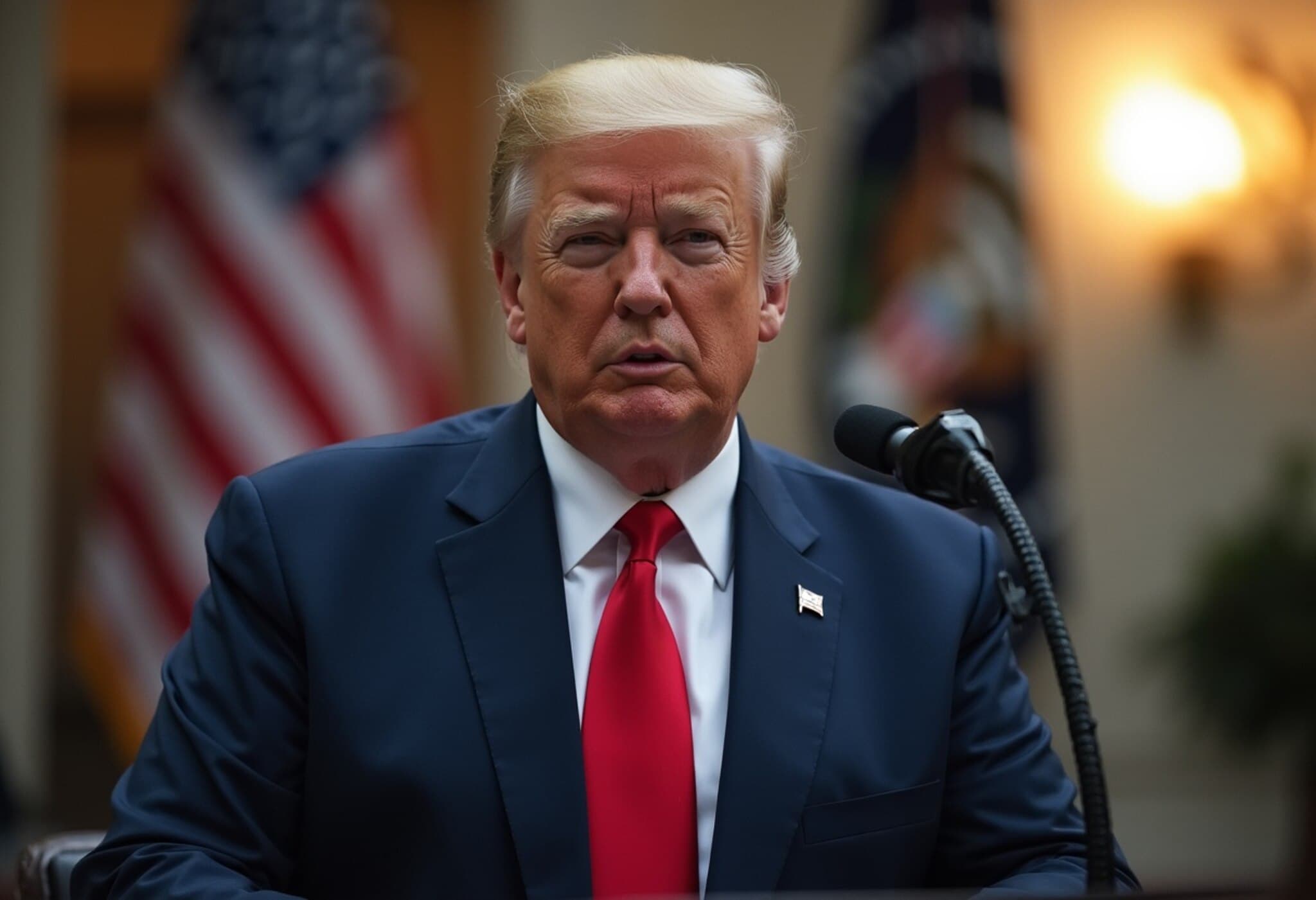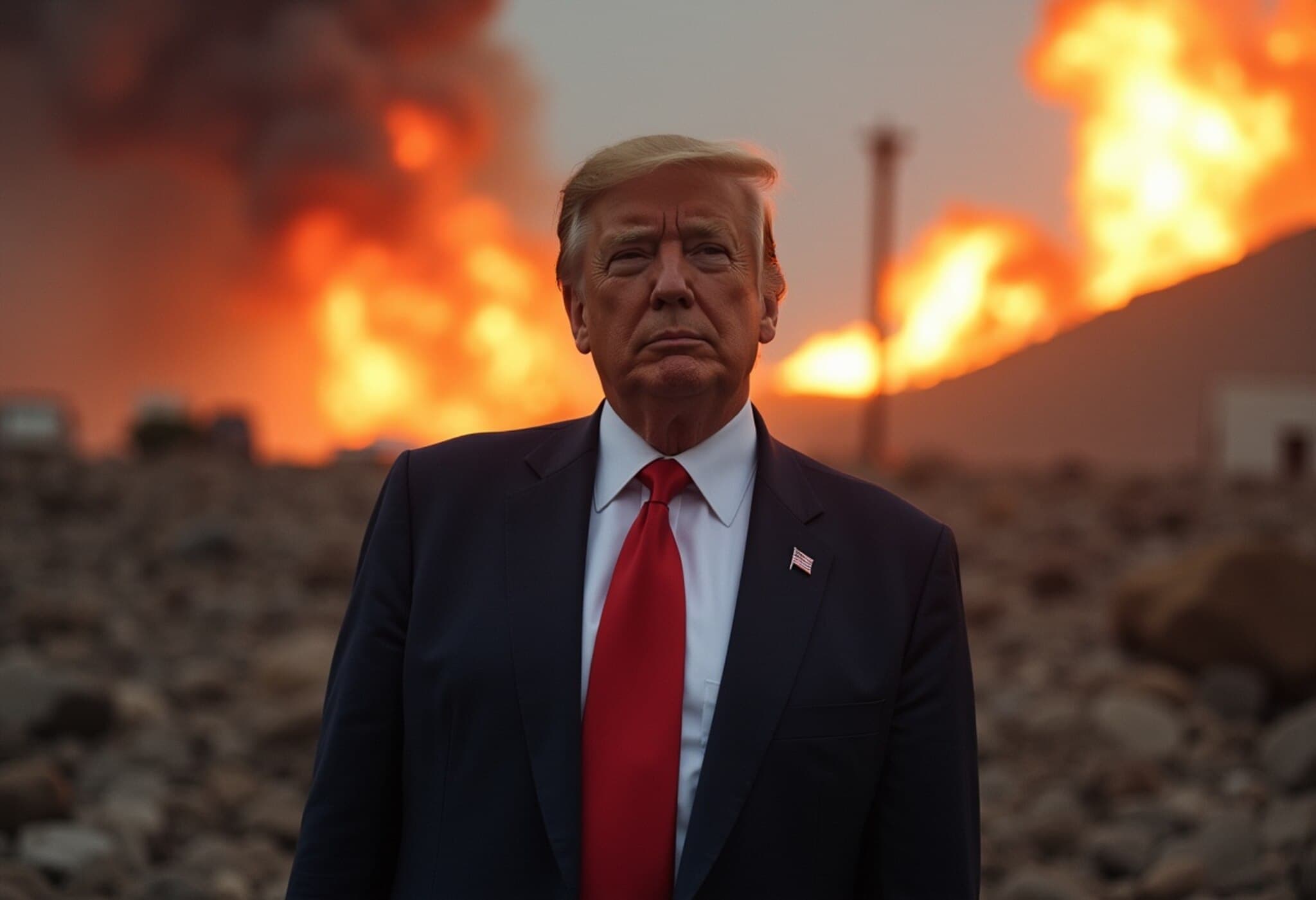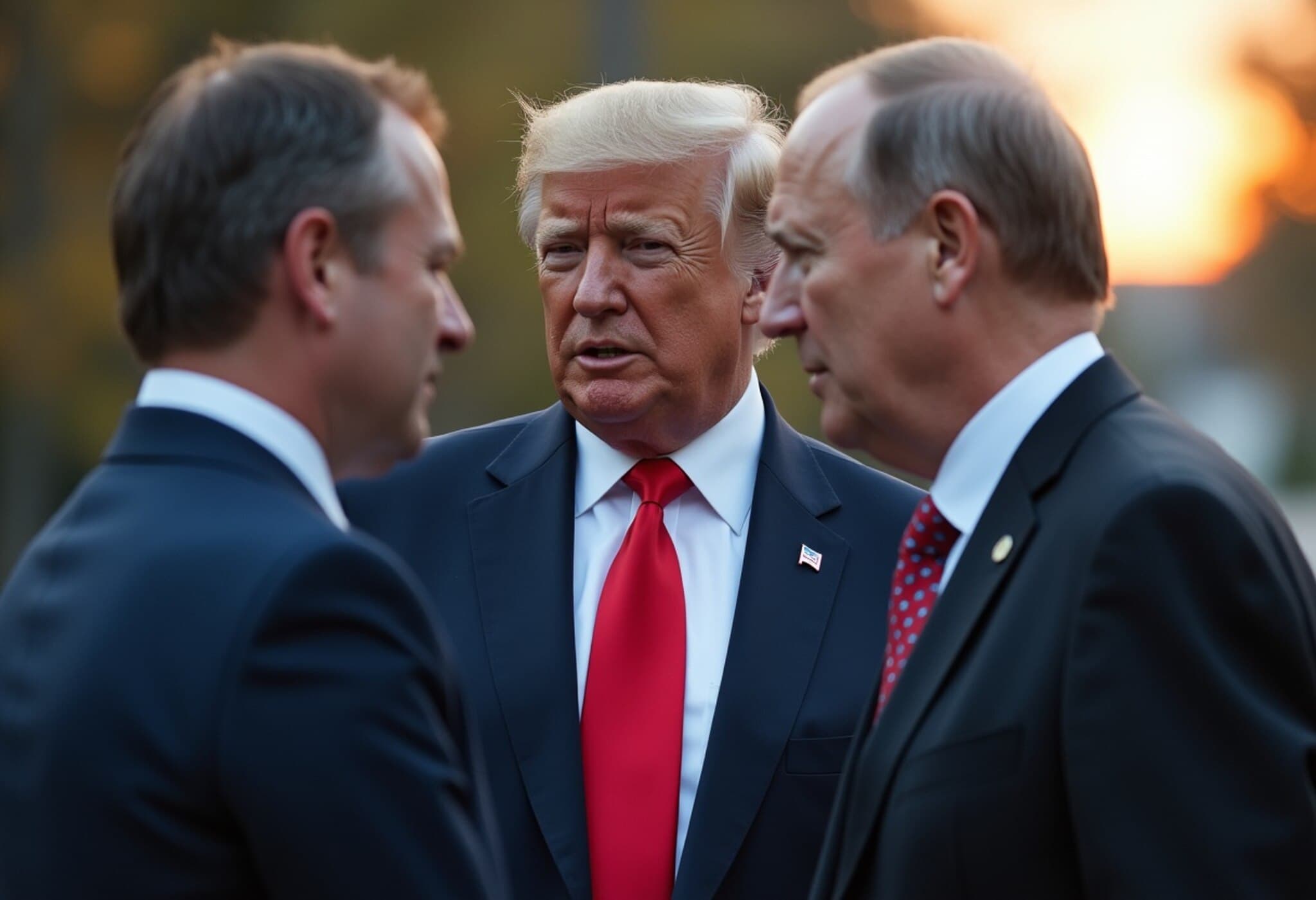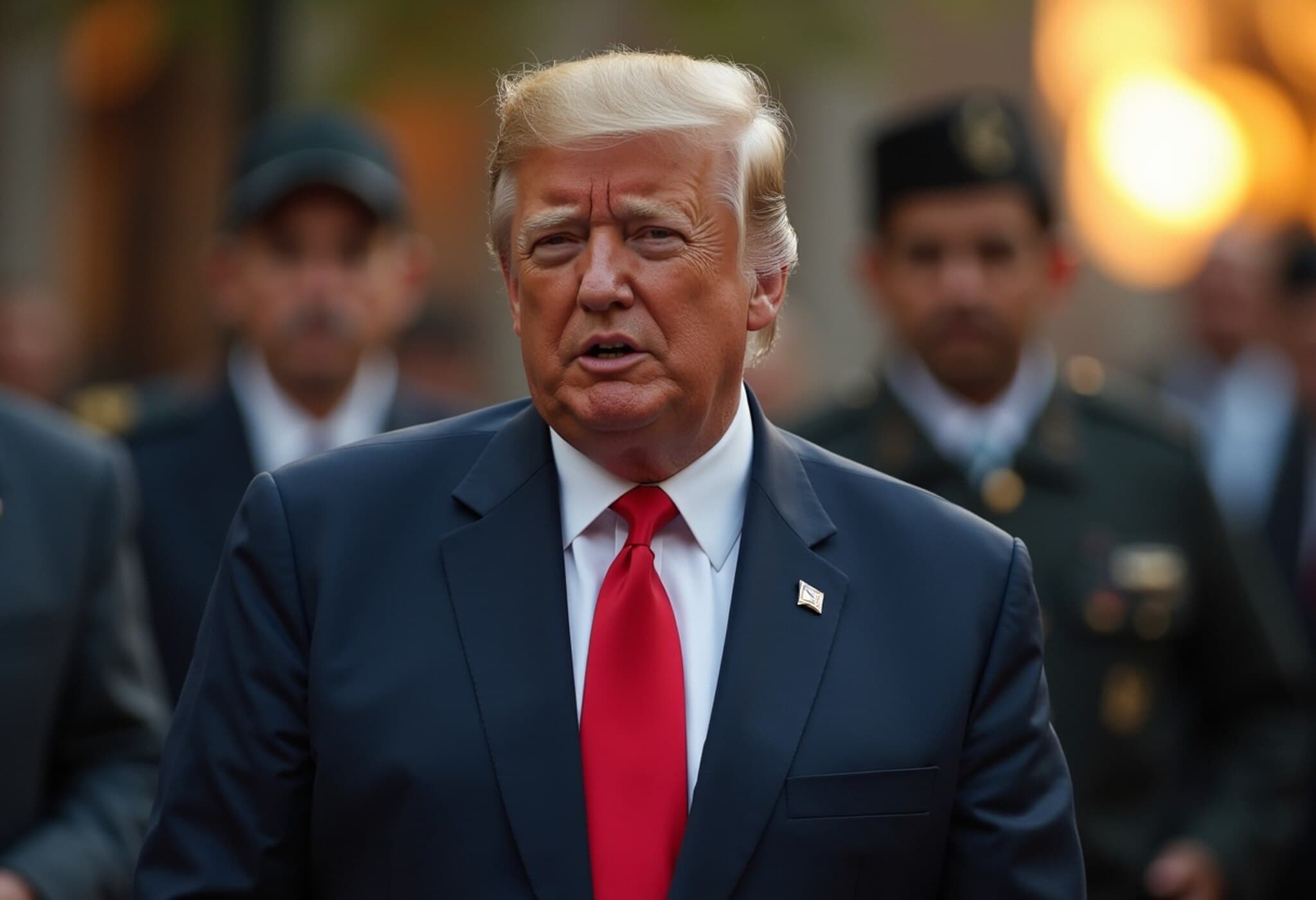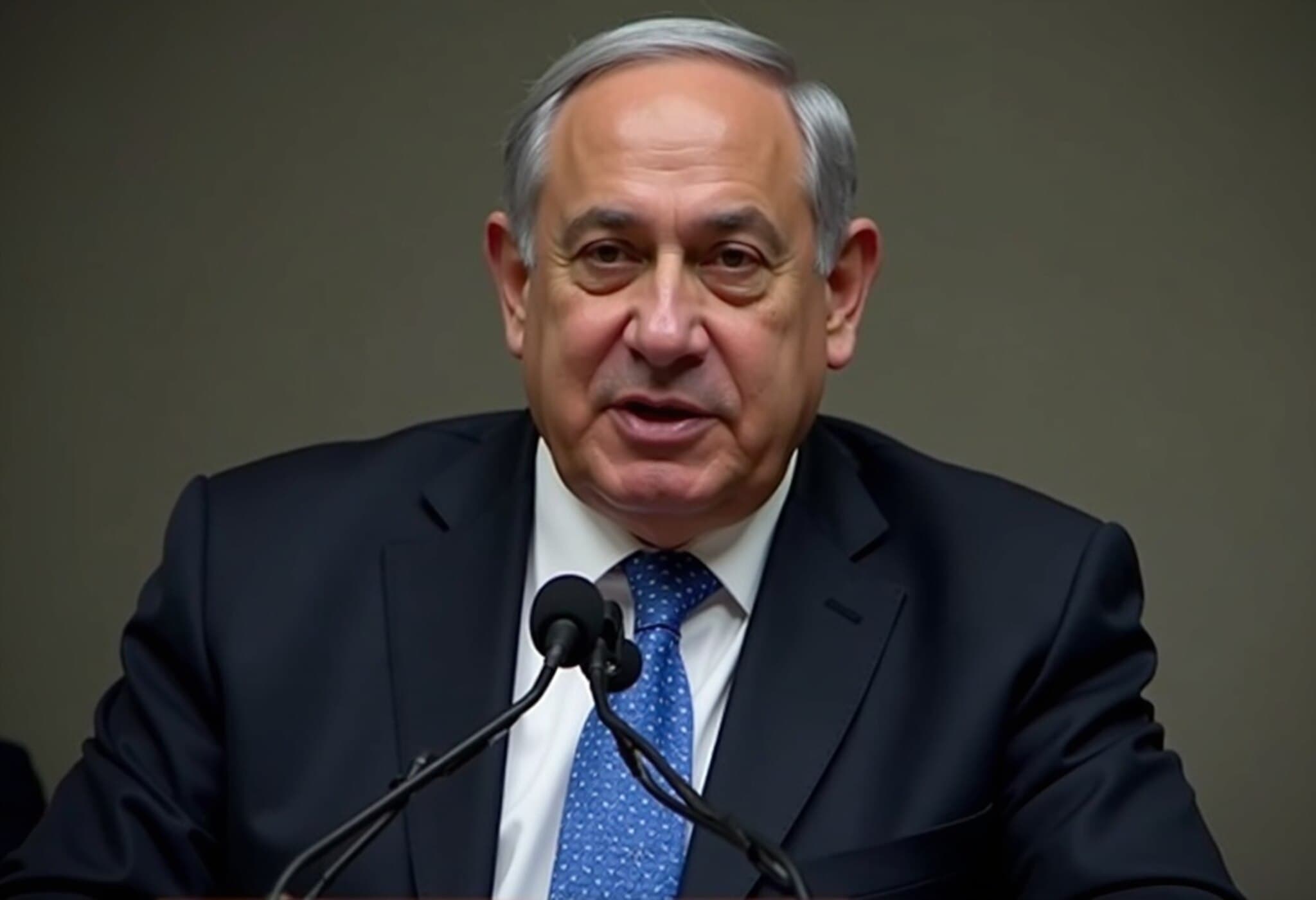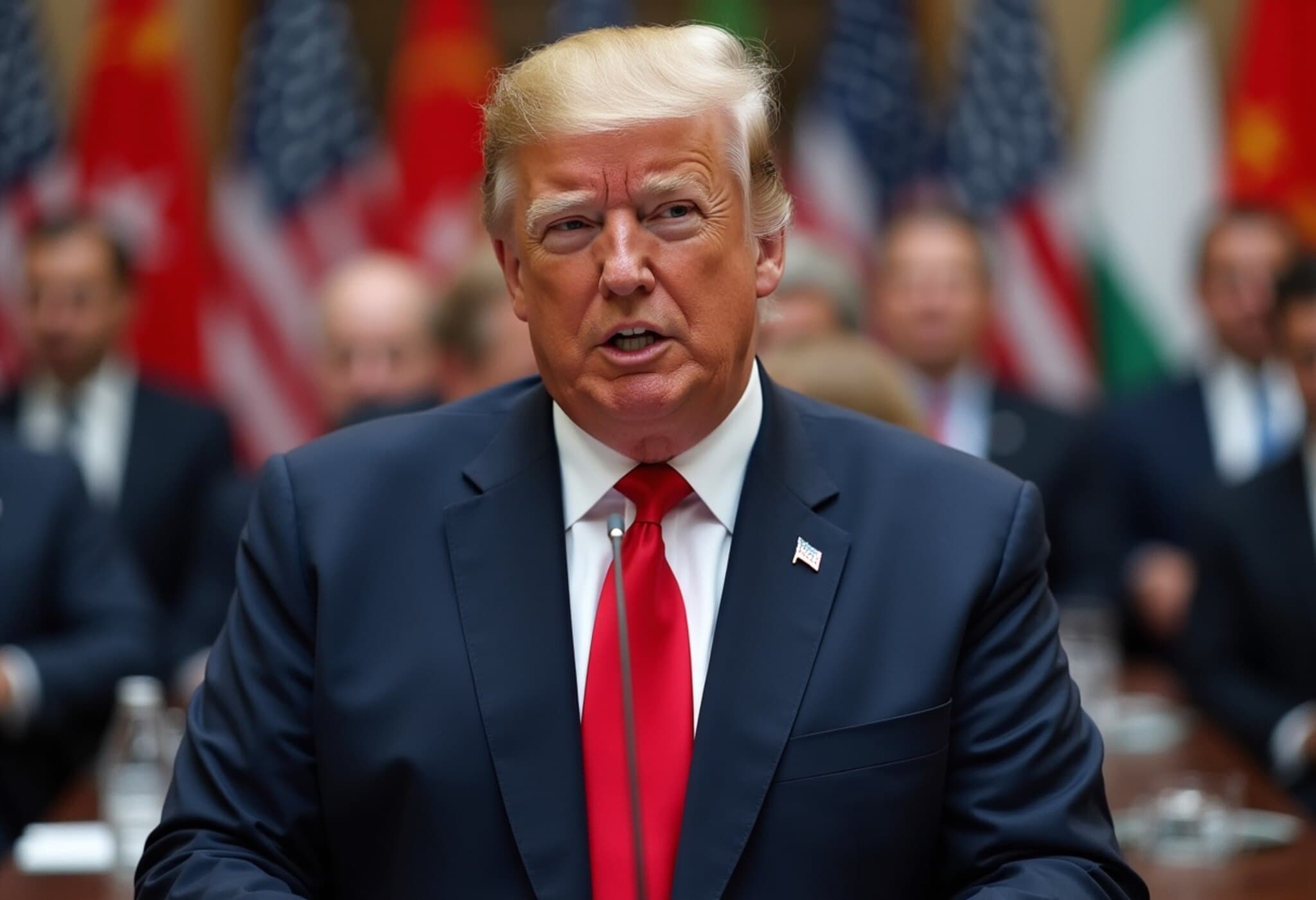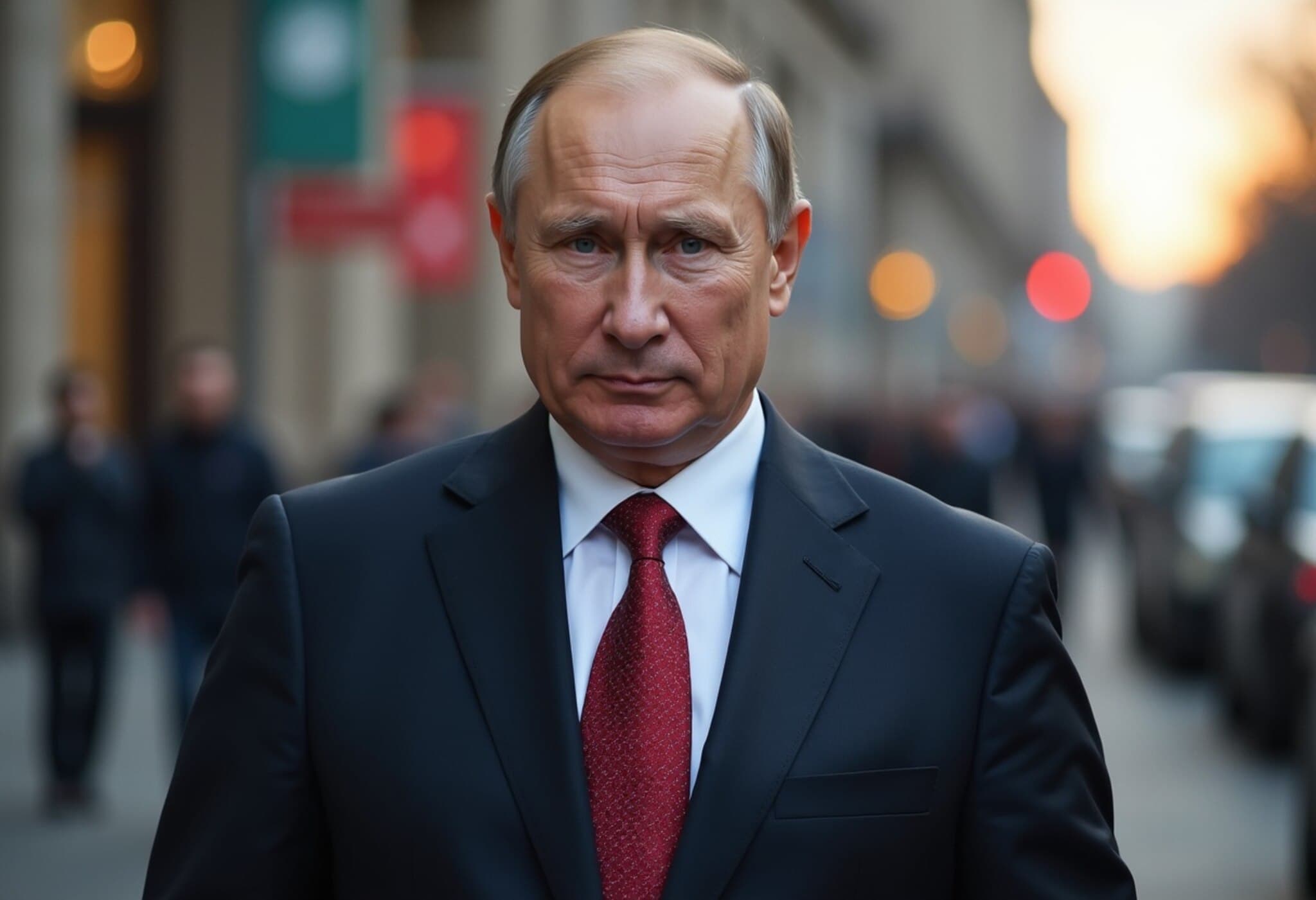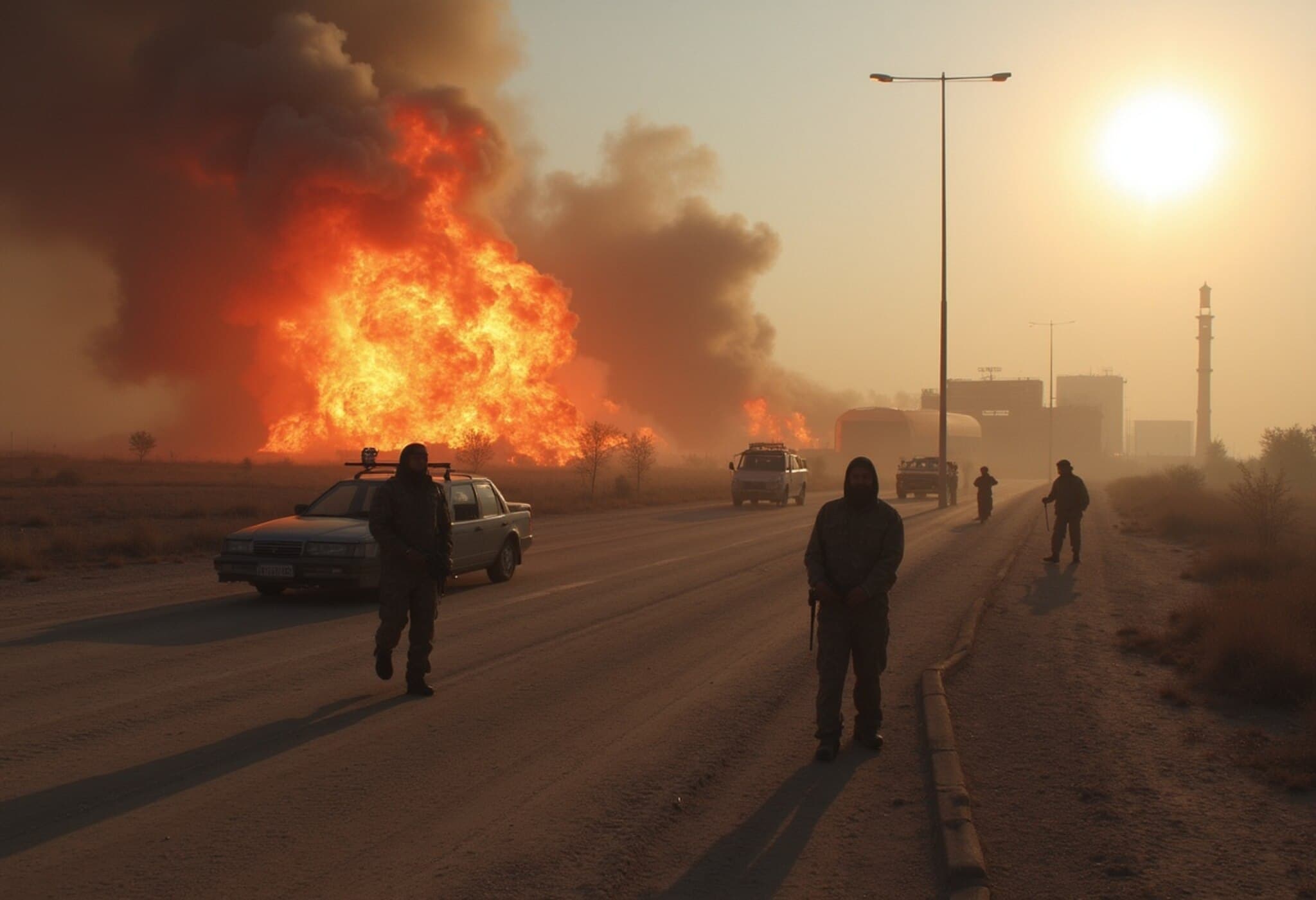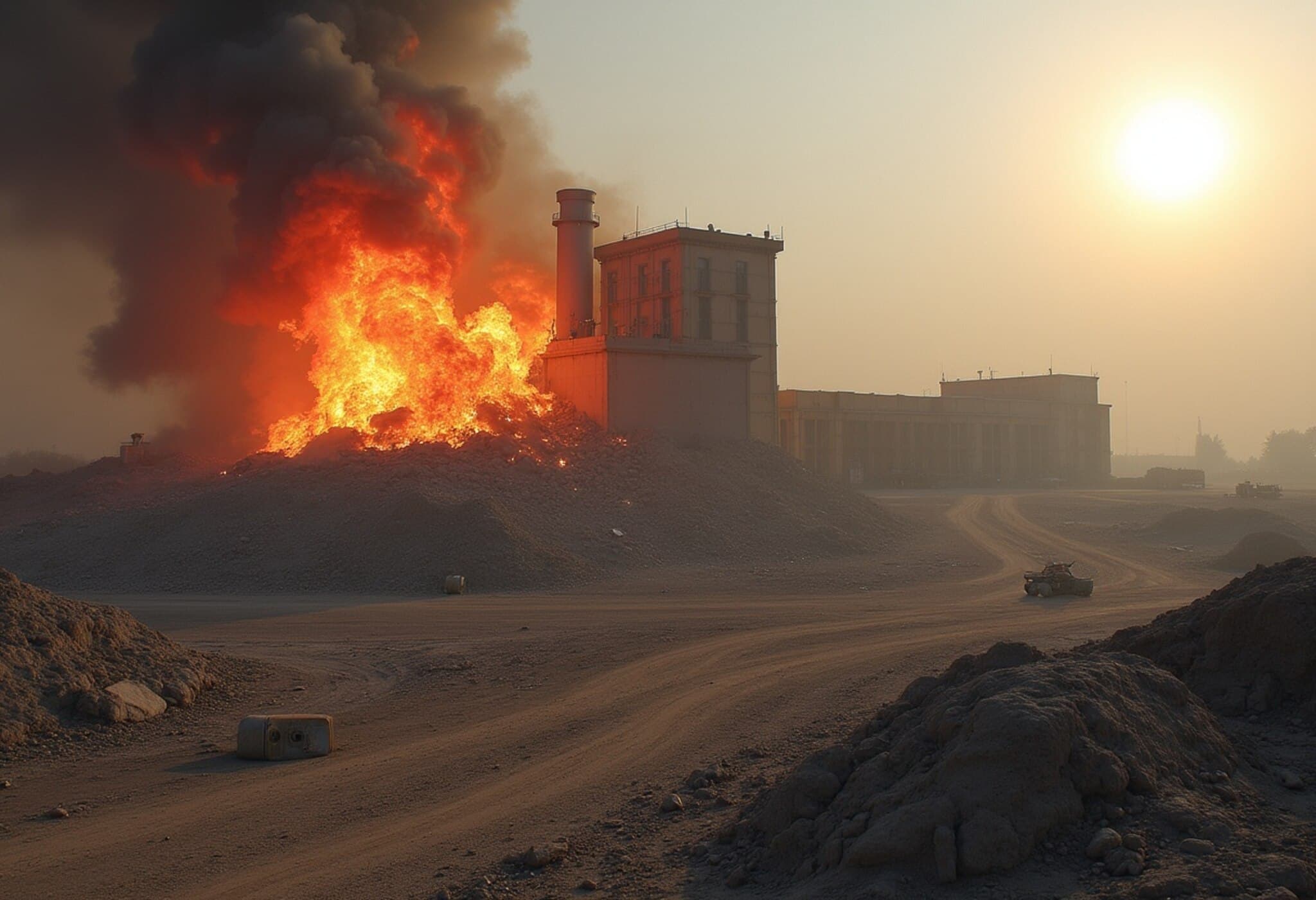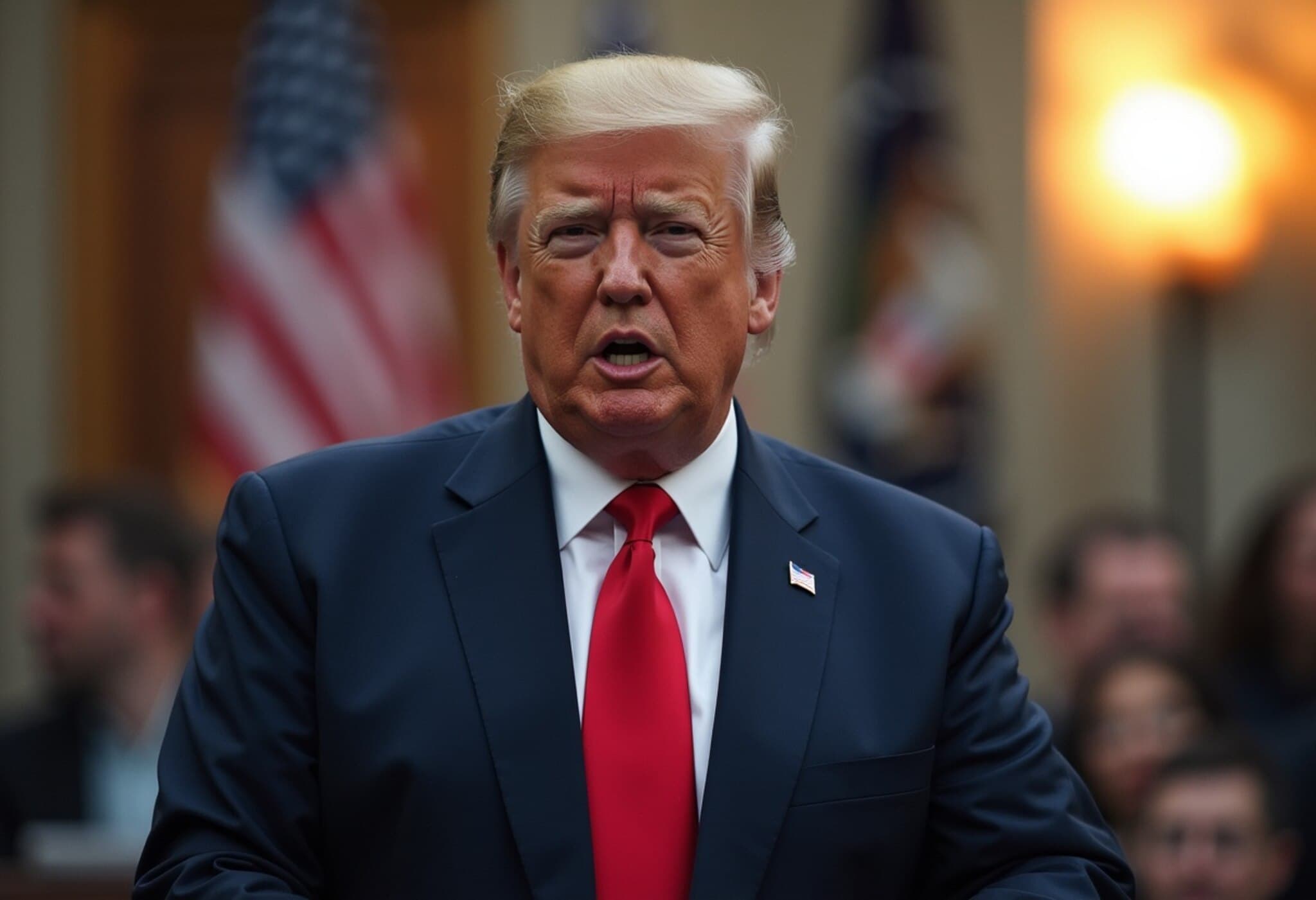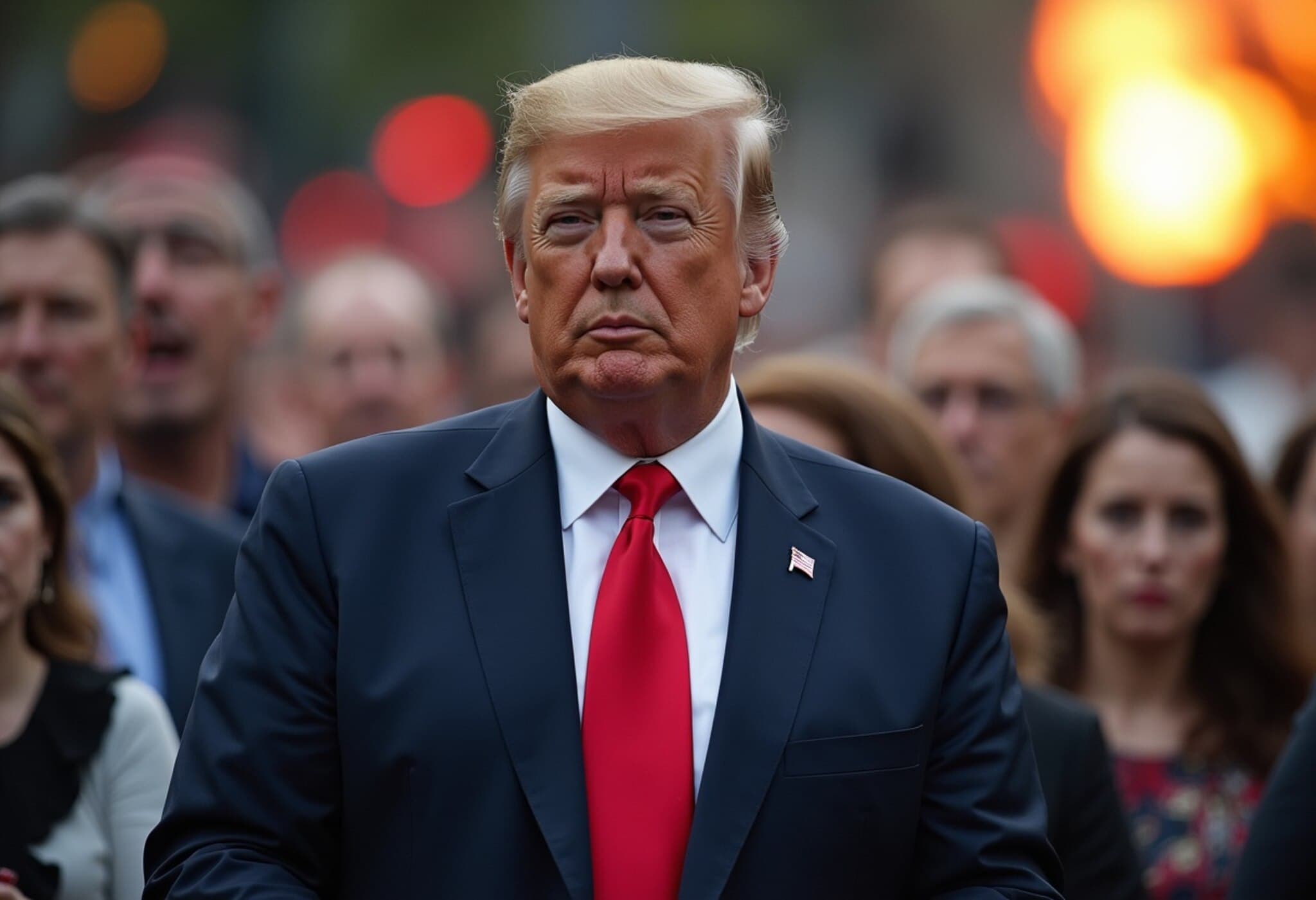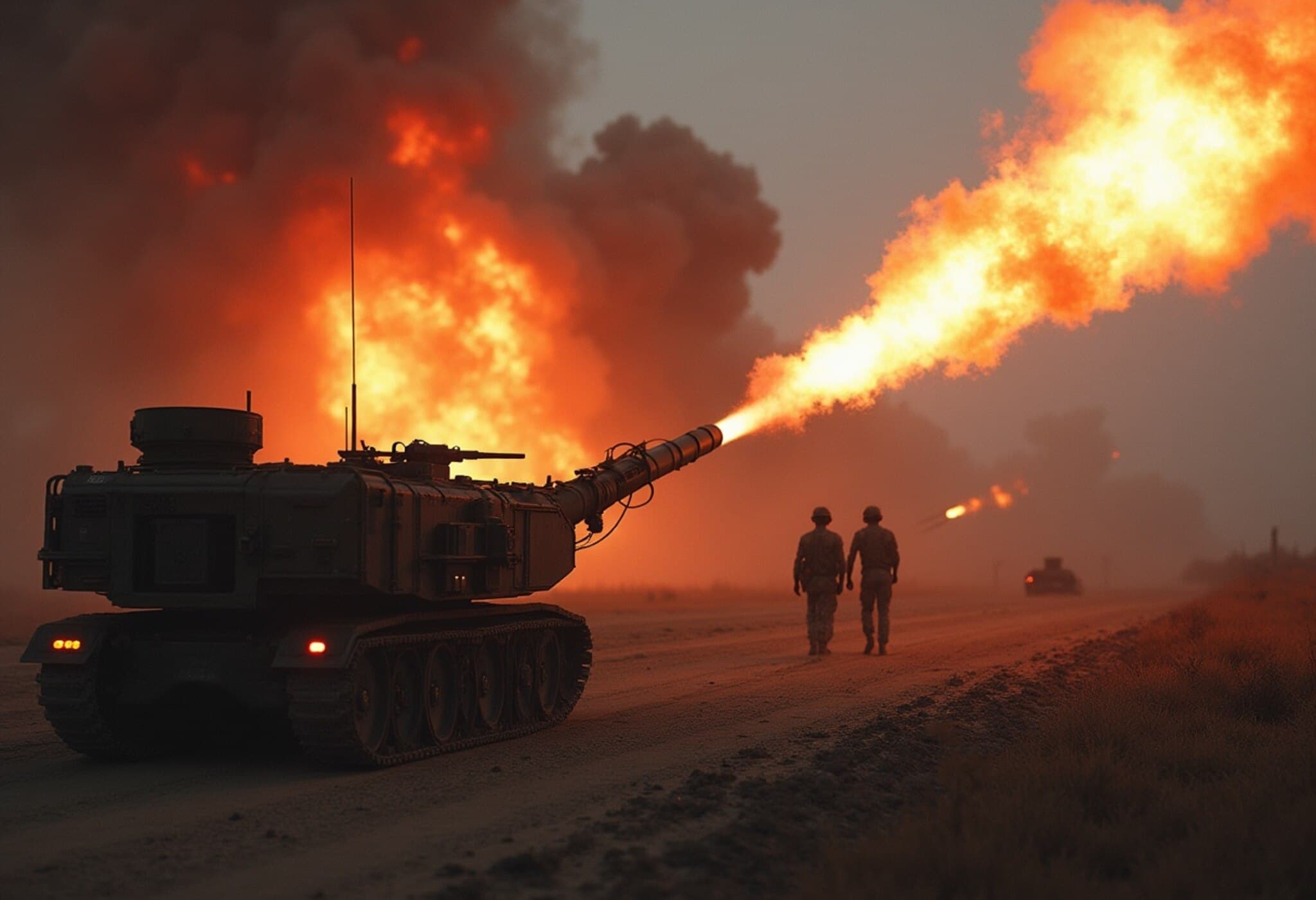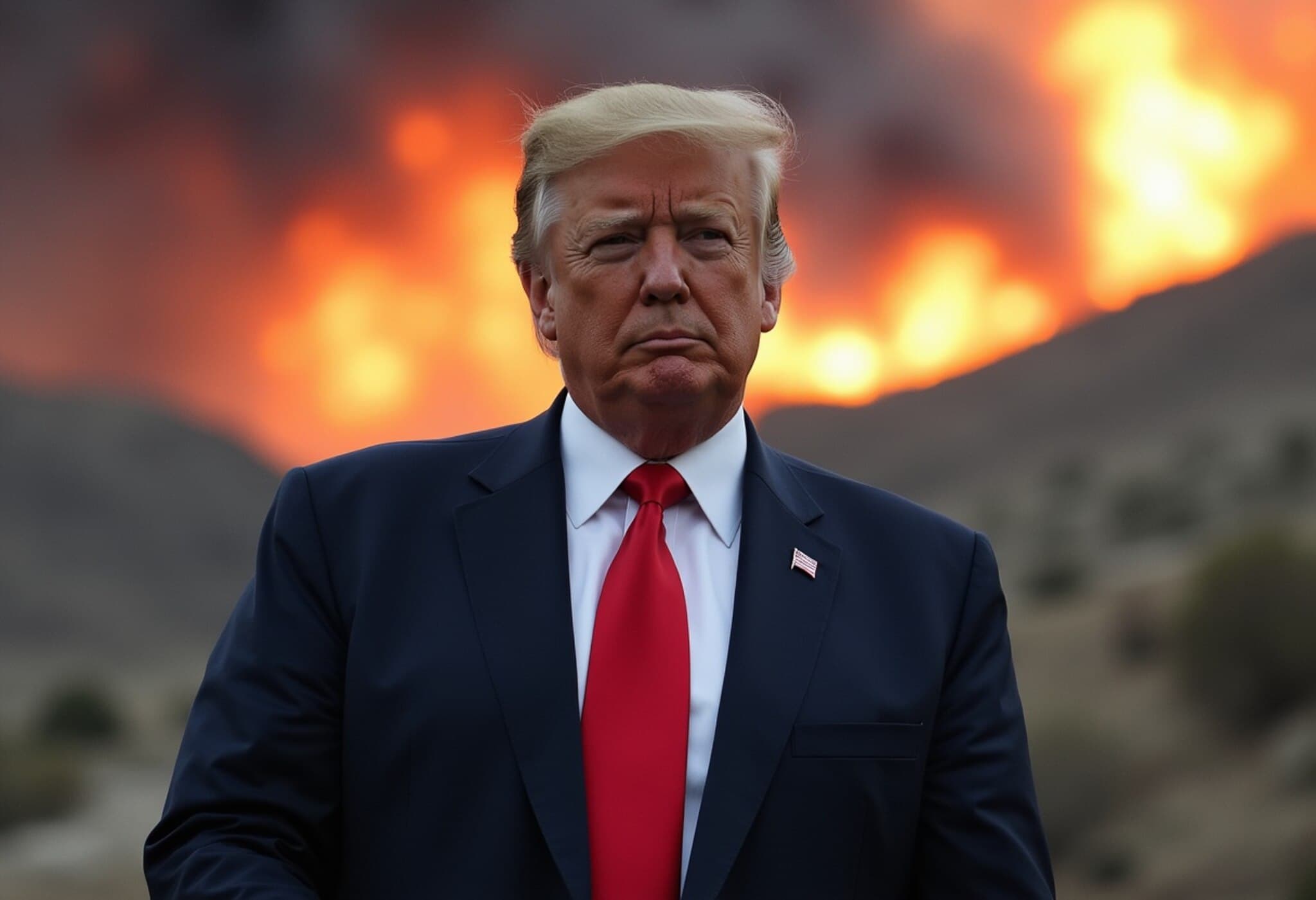Trump Challenges Intelligence Report Questioning Success of US Strikes on Iran
US President Donald Trump firmly rejected an intelligence report suggesting that recent American military strikes on Iran's nuclear facilities failed to fully dismantle Tehran's nuclear program. On June 24, while en route to a NATO summit, Trump labeled the report as "fake news" and hailed the strikes as "one of the most successful military operations in history." He emphasized that the nuclear sites were "completely destroyed."
Trump Praises Precision of Military Action
Aboard Air Force One, Trump criticized media coverage for underplaying the effectiveness of the airstrikes. He credited the B2 bomber pilots for their skillful execution, describing the operation as a "magnificent hit in the dark of night," where each target was precisely hit and obliterated. The President expressed disappointment that some reports suggested the strikes could have been more devastating, stressing that every target was successfully neutralized.
Intelligence Report Suggests Limited Impact on Iran's Nuclear Program
An intelligence assessment cited in a news report indicated the US strikes on Iranian nuclear sites at Fordow, Natanz, and Isfahan may have set back Iran's nuclear program by only a few months. According to sources familiar with the report, Iran’s stockpile of enriched uranium remained mostly intact, and many of its centrifuges were still operational. The intelligence suggested that enriched uranium might have been relocated to secret facilities, limiting the strikes' long-term effectiveness.
White House Dismisses Report As Inaccurate Leak
Leavitt emphasized the undeniable impact of the airstrikes, stating, "Everyone knows what happens when you drop fourteen 30,000-pound bombs perfectly on their targets: total obliteration." Her statements reinforced the administration’s position that the strikes successfully dismantled Iran’s nuclear infrastructure.
The Dispute Highlights Conflicting Narratives
This clash between the President’s declarations and the intelligence assessment underscores ongoing friction surrounding the true scope of the US military’s impact on Iran’s nuclear capabilities. While the administration remains confident in the strikes’ effectiveness, some intelligence findings paint a more cautious picture of the damage inflicted.
As regional tensions persist, scrutiny of such military actions and their aftermath continues to shape discourse on national security and diplomatic strategy.

